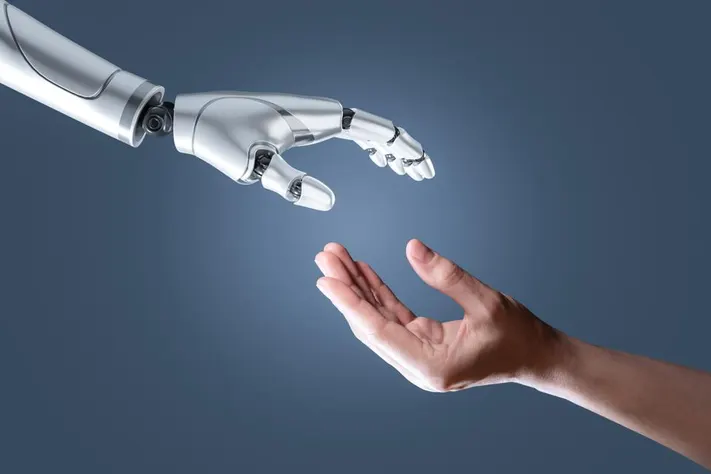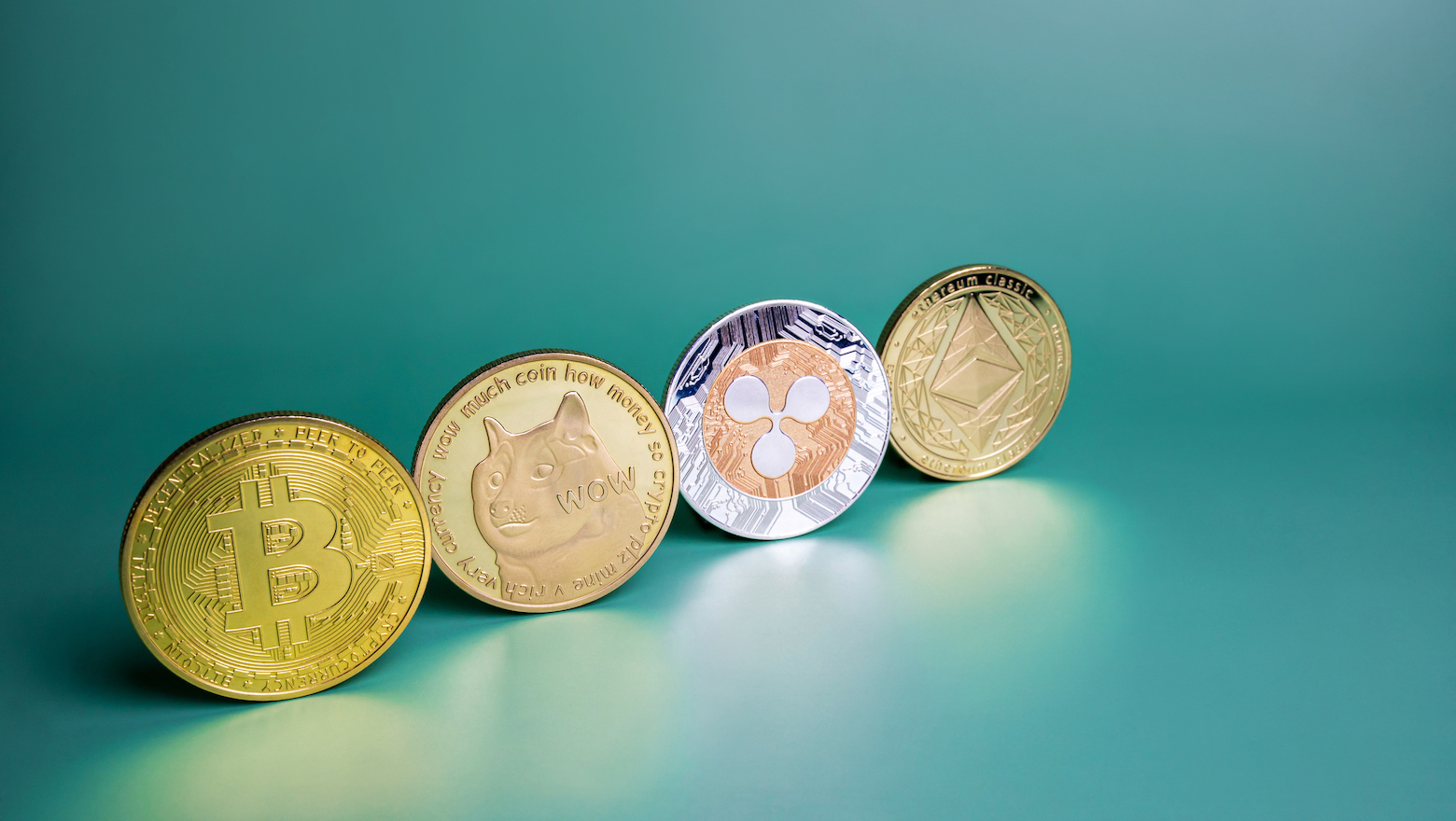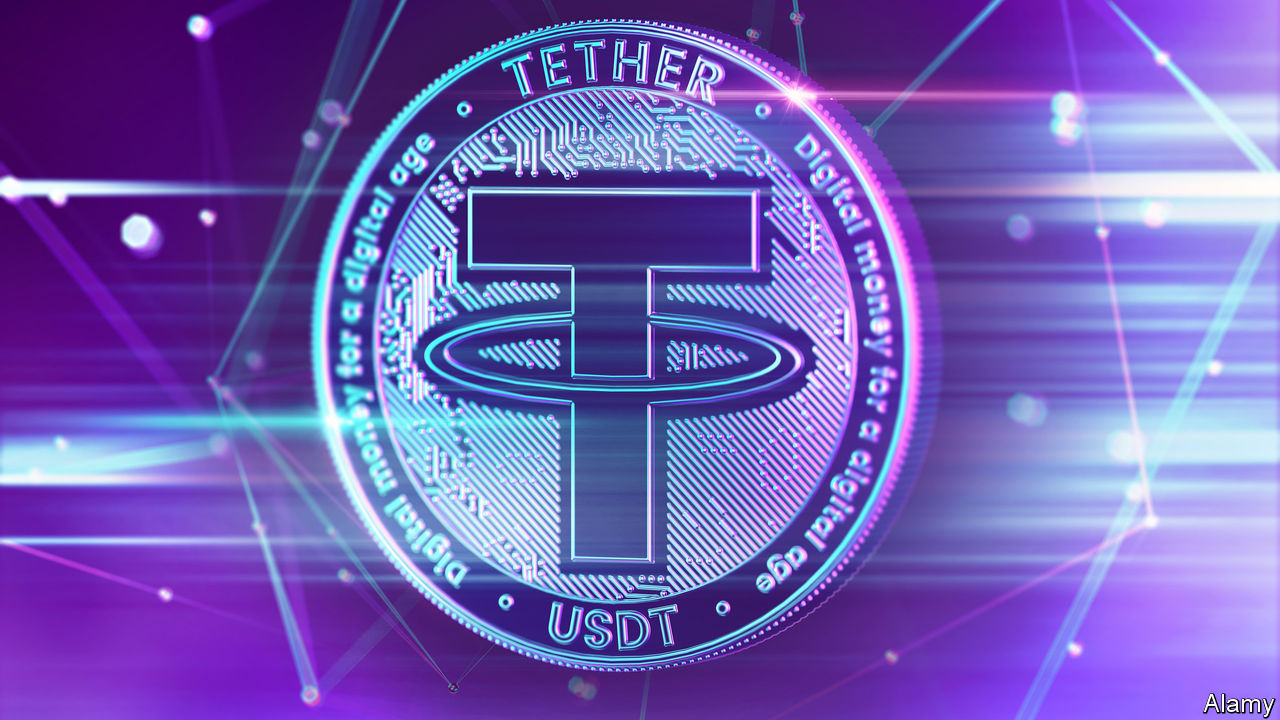AI can be a ?creative amplifier? ? Grammy chief exec Harvey Mason Jr.
In a recent interview,?Grammy chief exec Harvey Mason Jr interviews. said that he believes AI can be a "creative amplifier" for musicians.

Artificial intelligence (AI) is rapidly transforming many industries, and the music industry is no exception. AI is already being used in a variety of ways to create, produce, and distribute music, and its impact is only going to grow in the years to come.
In a recent interview, Grammy chief exec Harvey Mason Jr interviews. said that he believes AI can be a "creative amplifier" for musicians. He pointed to the fact that AI can be used to generate new ideas, melodies, and rhythms, and that it can also be used to automate many of the time-consuming tasks involved in music production.
AI can be a creative amplifier
"AI is not going to replace human creativity," Mason said. "But it can be a powerful tool that can help musicians to be more creative and to produce better music."
Here are some specific ways in which AI is being used to amplify human creativity in the music industry:
- Generating new ideas: AI can be used to generate new musical ideas, such as melodies, rhythms, and chord progressions. This can be done by training AI models on large datasets of existing music. The trained AI model can then be used to generate new music that is similar to the existing music, but also has its own unique twist.
- Automating tasks: AI can be used to automate many of the time-consuming tasks involved in music production, such as editing, mixing, and mastering. This can free up musicians to focus on their creative work.
- Personalizing music: AI can be used to personalize music for individual listeners. This can be done by tracking the listening habits of users and using this information to recommend new music that they are likely to enjoy. AI can also be used to create dynamic music experiences that adapt to the listener's mood and environment.
Here are some examples of how musicians are using AI to amplify their creativity
- Paul McCartney: Paul McCartney used AI to help him create the song "I've Got a Feeling" for the upcoming Beatles album. McCartney used an AI model to generate a new vocal melody for the song, which he then combined with his own vocals.
- Imogen Heap: Imogen Heap is a singer-songwriter who has been using AI to create music for many years. She uses AI to generate new ideas and to automate tasks such as editing and mixing.
- AIVA: AIVA is a composer who creates music using AI. AIVA has created music for a variety of films, television shows, and video games.
AI is still a relatively new technology, but it is already having a major impact on the music industry. AI is being used by musicians, producers, and record labels to create, produce, and distribute music in new and innovative ways.
The future of AI in the music industry
As AI technology continues to develop, it is likely to have an even greater impact on the music industry. Here are some ways in which AI could be used in the future:
- AI-powered songwriting: AI could be used to develop songwriting tools that help musicians to write better songs. These tools could help musicians to generate new ideas, to find the right chords and melodies, and to write lyrics that are catchy and meaningful.
- AI-powered music production: AI could be used to develop music production tools that make it easier and faster for musicians to produce high-quality music. These tools could help musicians to edit, mix, and master their music without the need for expensive equipment or expertise.
- AI-powered music distribution: AI could be used to develop new ways to distribute music to listeners. For example, AI could be used to create personalized playlists for listeners, or to recommend new music that listeners are likely to enjoy.
AI is a powerful tool that has the potential to amplify human creativity in the music industry. AI is already being used by musicians, producers, and record labels to create, produce, and distribute music in new and innovative ways. As AI technology continues to develop, it is likely to have an even greater impact on the music industry.
What's Your Reaction?
















